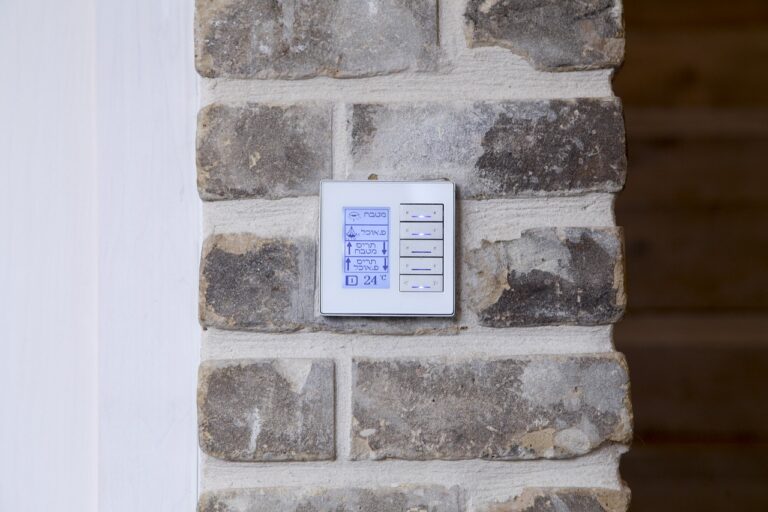Driveway Material Lifespan Comparison Guide: All panel mahadev, Lotusbhai, Allpaanel. Com login
all panel mahadev, lotusbhai, allpaanel. com login: Driveway Material Lifespan Comparison Guide
When it comes to choosing the right material for your driveway, there are many factors to consider. One of the most important factors is the lifespan of the material. Different driveway materials have different lifespans, so it’s crucial to choose one that will last for many years to come. In this guide, we will compare the lifespans of various driveway materials to help you make an informed decision for your home.
Asphalt
Asphalt is a popular choice for driveways because of its durability and affordability. A properly installed asphalt driveway can last anywhere from 15 to 20 years. However, regular maintenance, such as seal coating and crack filling, is necessary to extend the lifespan of an asphalt driveway.
Concrete
Concrete driveways are known for their strength and longevity. A well-maintained concrete driveway can last up to 30 years or more. Like asphalt, regular maintenance is key to preserving the lifespan of a concrete driveway.
Gravel
Gravel driveways are a budget-friendly option that is easy to install. While gravel driveways have a lower upfront cost, they typically have a shorter lifespan of around 10 years. Regular regrading and adding new gravel are needed to maintain a gravel driveway.
Brick
Brick driveways are an elegant and durable option for homeowners. With proper care, a brick driveway can last for 50 years or more. The key to extending the lifespan of a brick driveway is to replace any damaged bricks and seal the surface regularly.
Pavers
Paver driveways are a versatile and long-lasting option for homeowners. When installed correctly, pavers can last for 25 years or more. Regular cleaning and resealing help to maintain the lifespan of a paver driveway.
Cobblestone
Cobblestone driveways are a timeless choice that can last for generations. With proper care and maintenance, a cobblestone driveway can last for over 100 years. Periodic releveling and replacing any loose stones are necessary to preserve the lifespan of a cobblestone driveway.
Choosing the Right Driveway Material
When choosing a driveway material, consider factors such as your budget, maintenance requirements, and aesthetic preferences. While asphalt and concrete are popular choices for their durability, other materials like brick and cobblestone offer a timeless appeal and longer lifespan. Ultimately, the right choice for your driveway will depend on your specific needs and preferences.
FAQs
1. What is the most durable driveway material?
Concrete is often considered the most durable driveway material, with a lifespan of up to 30 years or more.
2. How can I extend the lifespan of my driveway?
Regular maintenance, such as seal coating, crack filling, and cleaning, can help to extend the lifespan of your driveway.
3. How often should I reseal my driveway?
Asphalt driveways should be sealed every 3-5 years, while concrete driveways can be resealed every 5-10 years.
4. Are paver driveways difficult to maintain?
Paver driveways require regular cleaning and resealing, but with proper maintenance, they can last for 25 years or more.
5. Can I install a new driveway over my existing driveway?
In some cases, you can install a new driveway over an existing one, but it’s best to consult with a professional to determine if this is a viable option for your property.
In conclusion, choosing the right driveway material is a significant decision that can impact the curb appeal and value of your home. By considering the lifespan of various materials and their maintenance requirements, you can make an informed choice that will enhance the beauty and functionality of your driveway for years to come.







